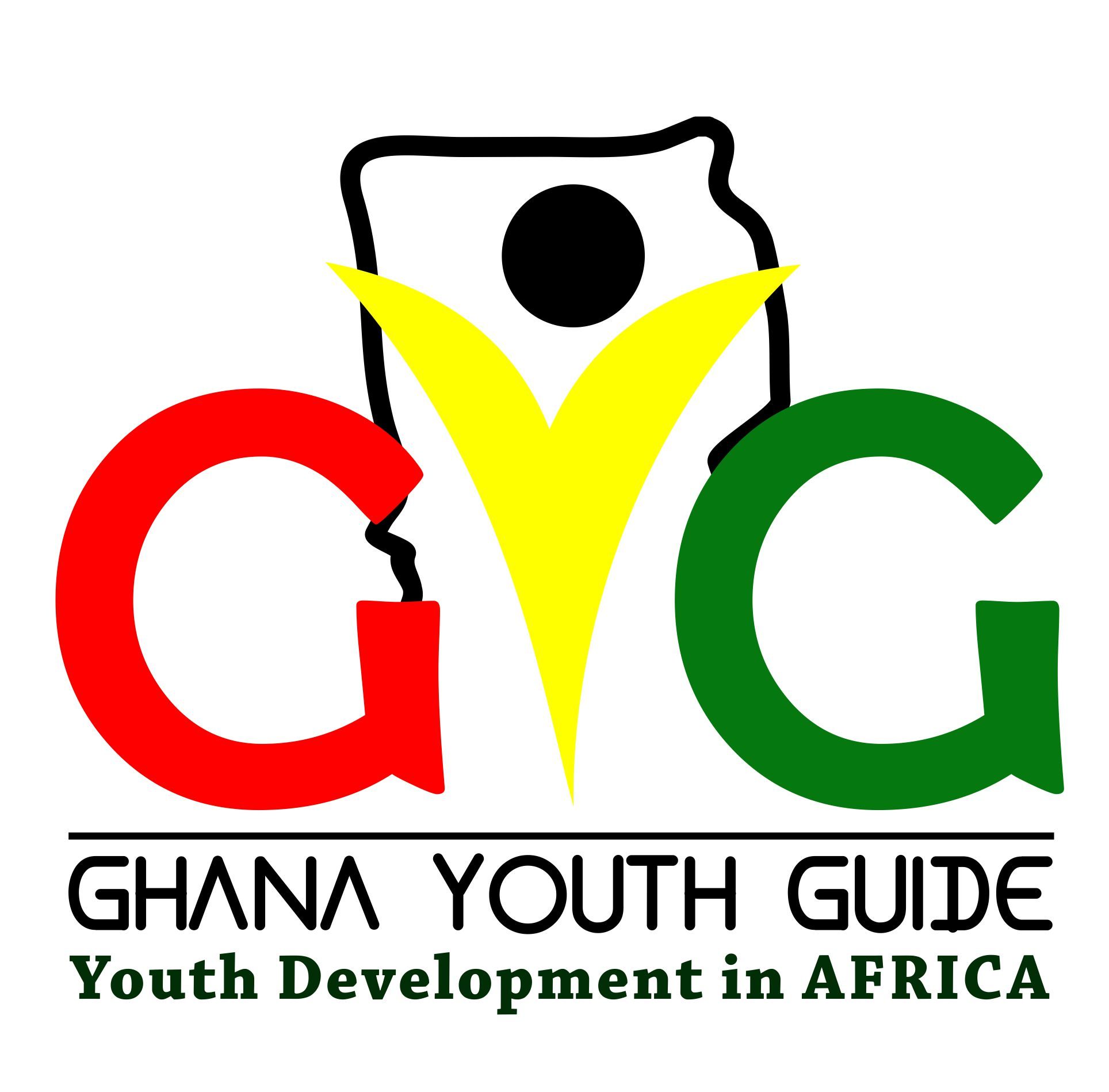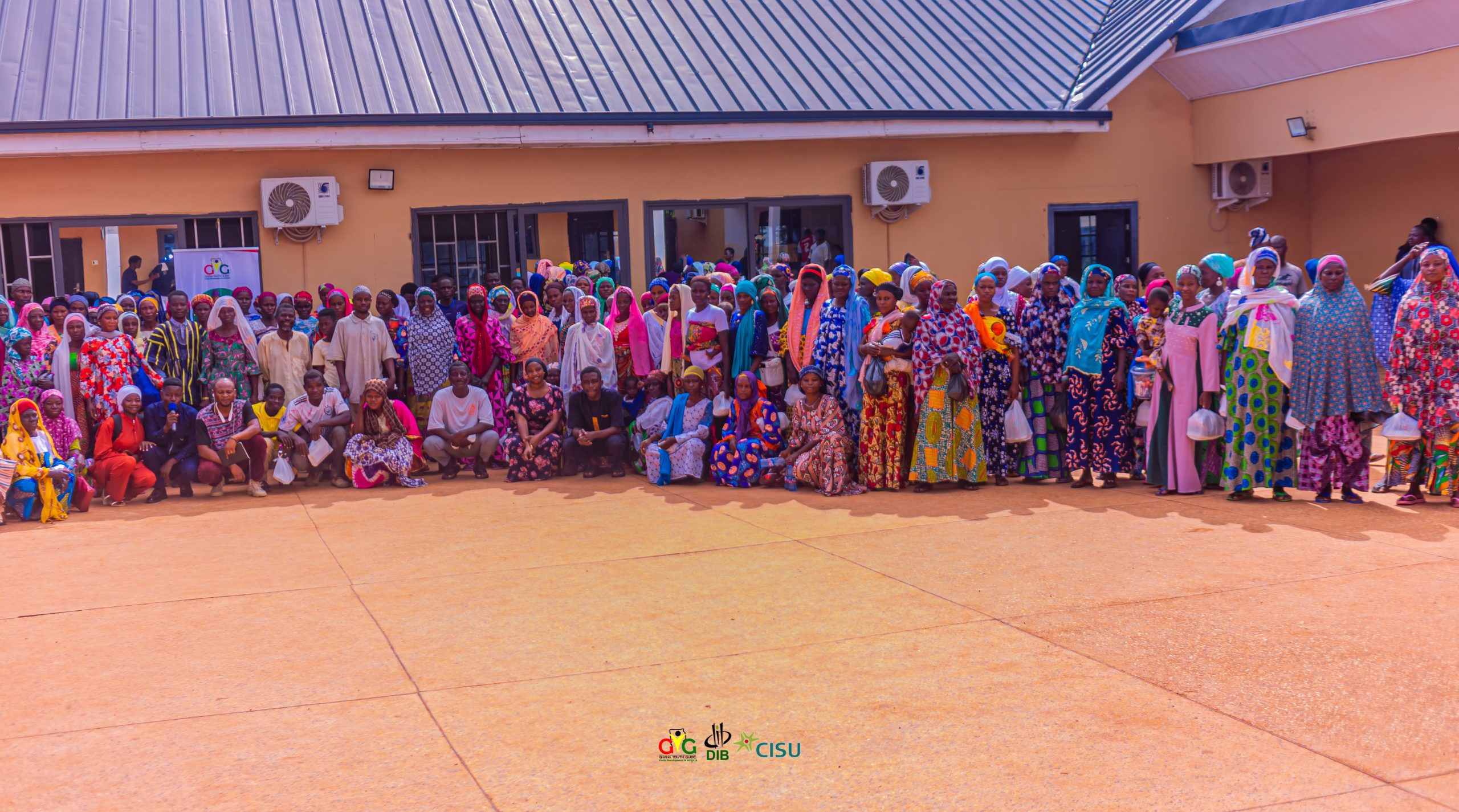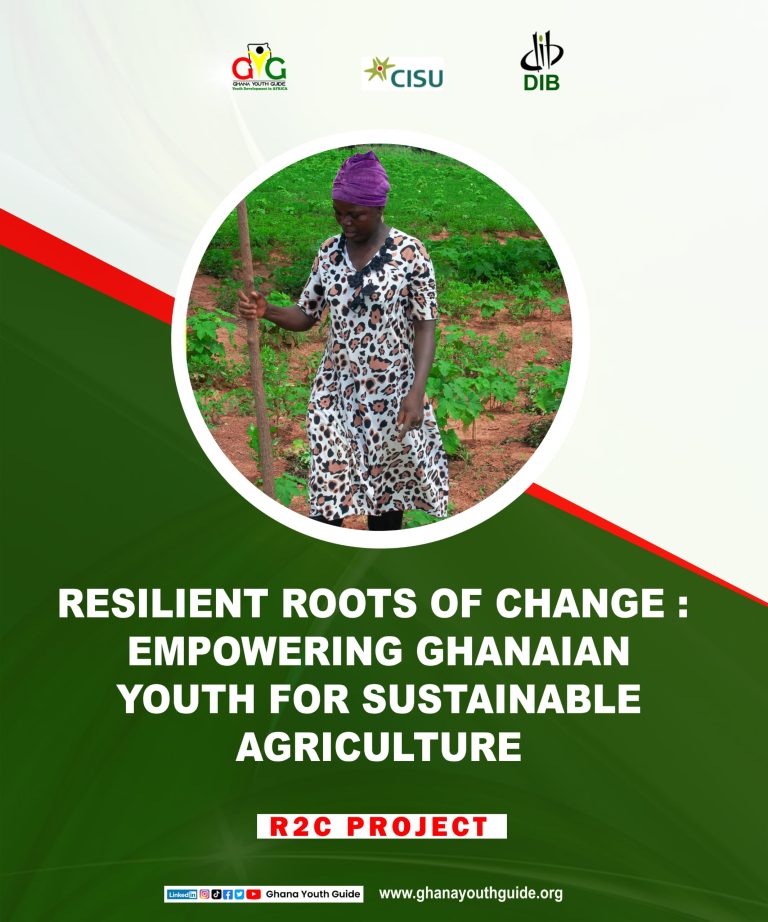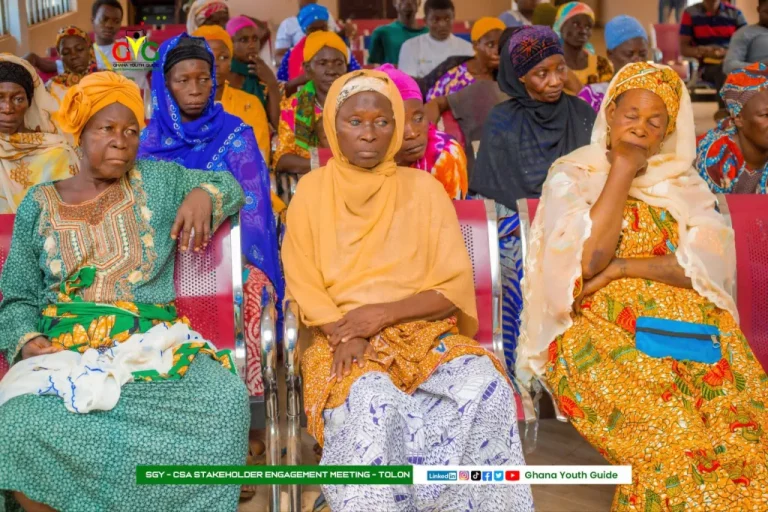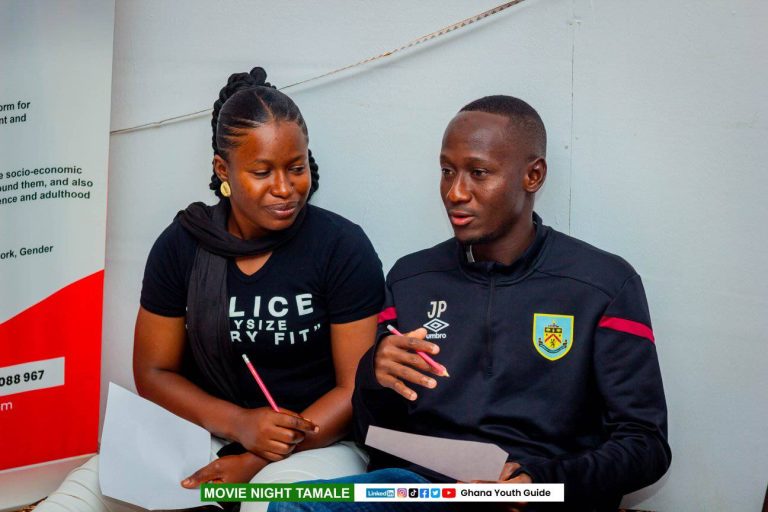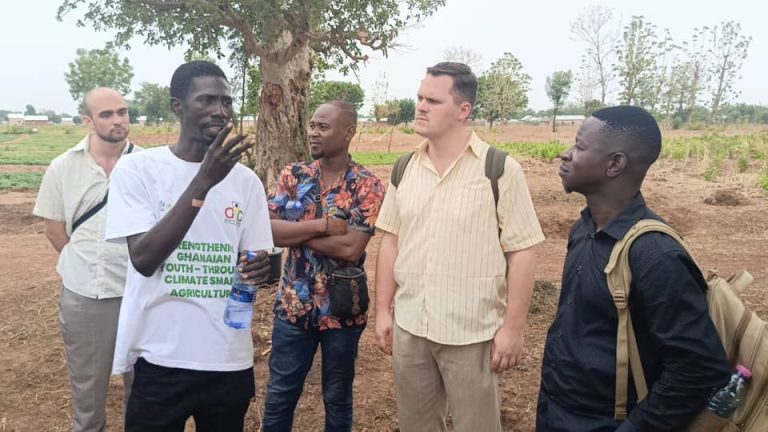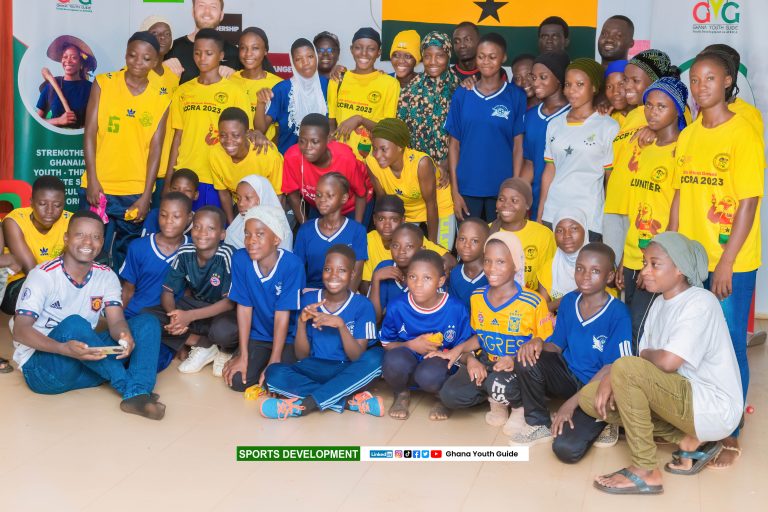GYG CONCLUDES 4 DAYS TRAINING FOR 580 HOUSEHOLD FARMERS IN SAVELUGU AND TOLON
Ghana Youth Guide, a non-profit and youth led organisation operating in Ghana has concluded training of about 580 small holder farmers in Savelugu and Tolon Districts.
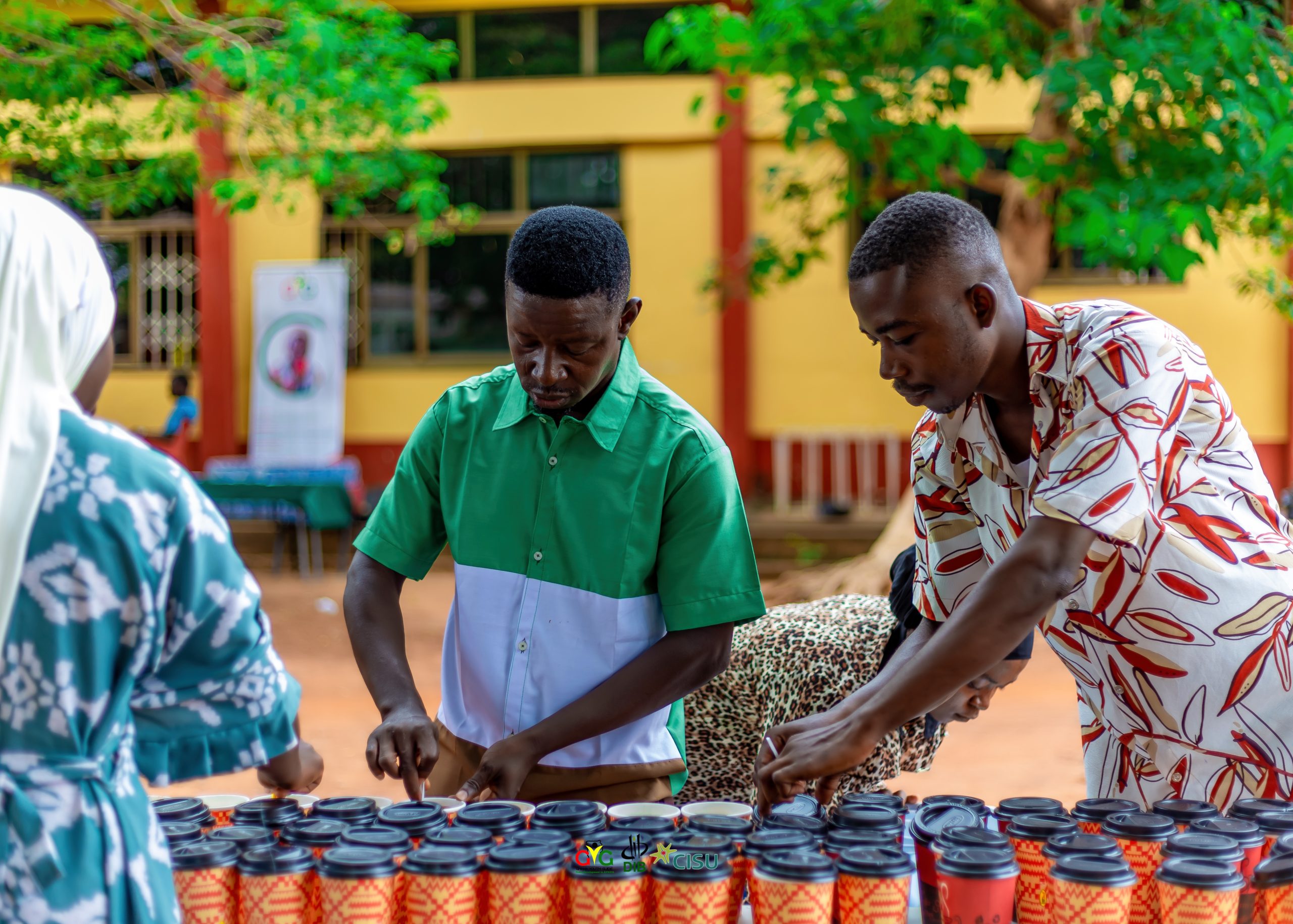
The small holder farmers, majority of whom were women and persons with disabilities were taken through intensive capacity-building workshop aimed at enhancing their knowledge and resilience in sustainable agricultural practices.
The four (4) days workshop, held in Tolon and Savelugu , drew participants from 10 communities, including Waribogu Kamonaayili, Galinkpegu, Gbanjong, and Gbulahgu, Savelugu, Nyoglo, Zaazi, Libga, and Bihinaayili.
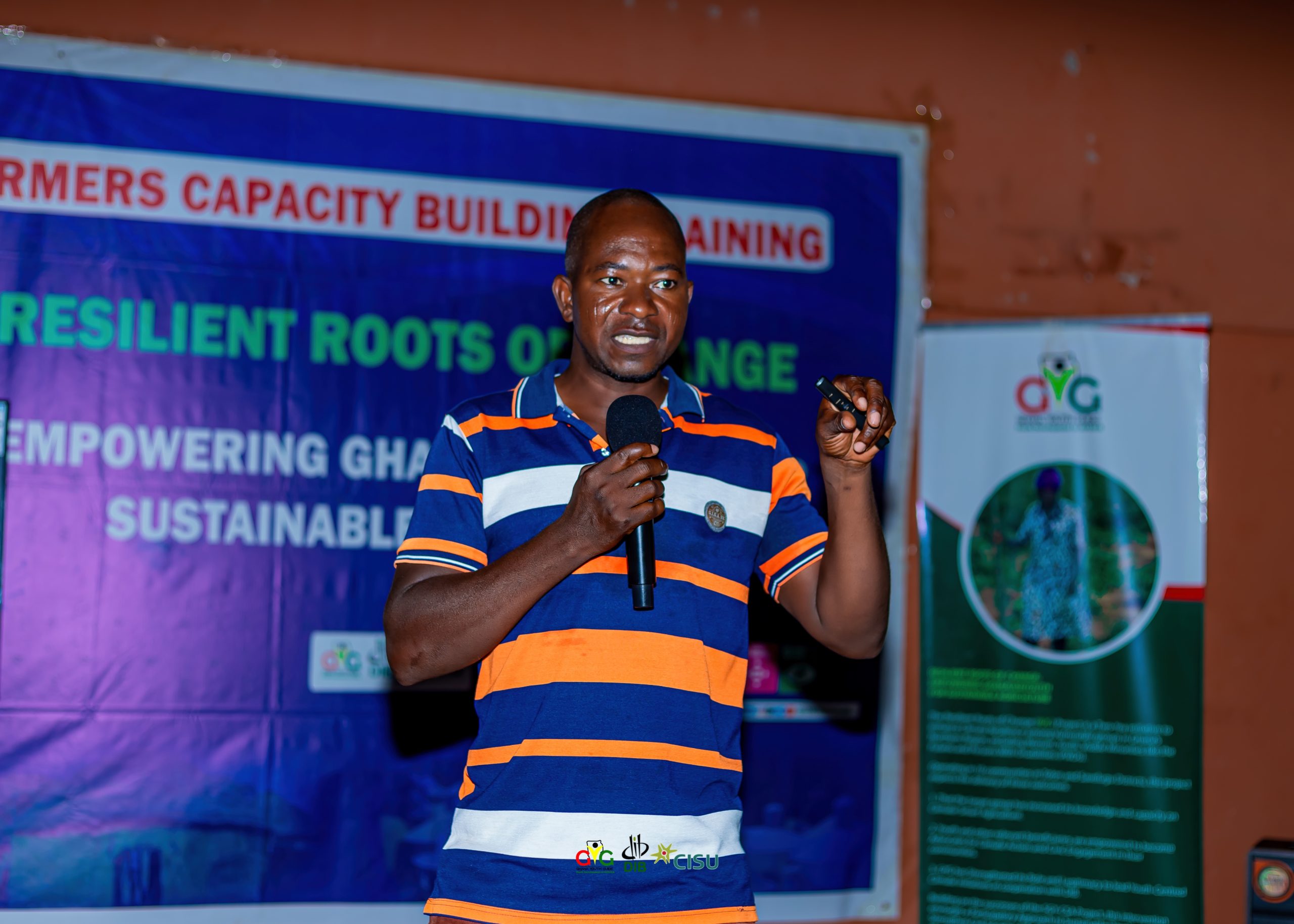
It also brought together key stakeholders in the agricultural sector, civil society organizations, students, media, clergy, youth groups, vulnerable groups including persons with disabilities, GYG volunteers, GYG board members, GYG staff and members of the Fulbe communities. The training sought to deepen participants’ understanding of climate-resilient agriculture and food security strategies.
The event was organized by Ghana Youth Guide, a youth-led advocacy organization focused on empowering vulnerable communities for sustainable development as part of its flagship initiative dubbed the “Empowering Ghanaian Youth for Sustainable Agriculture (R2C) Project.” The project is technically supported by DIB and funded by CISU both Denmark-based organizations.
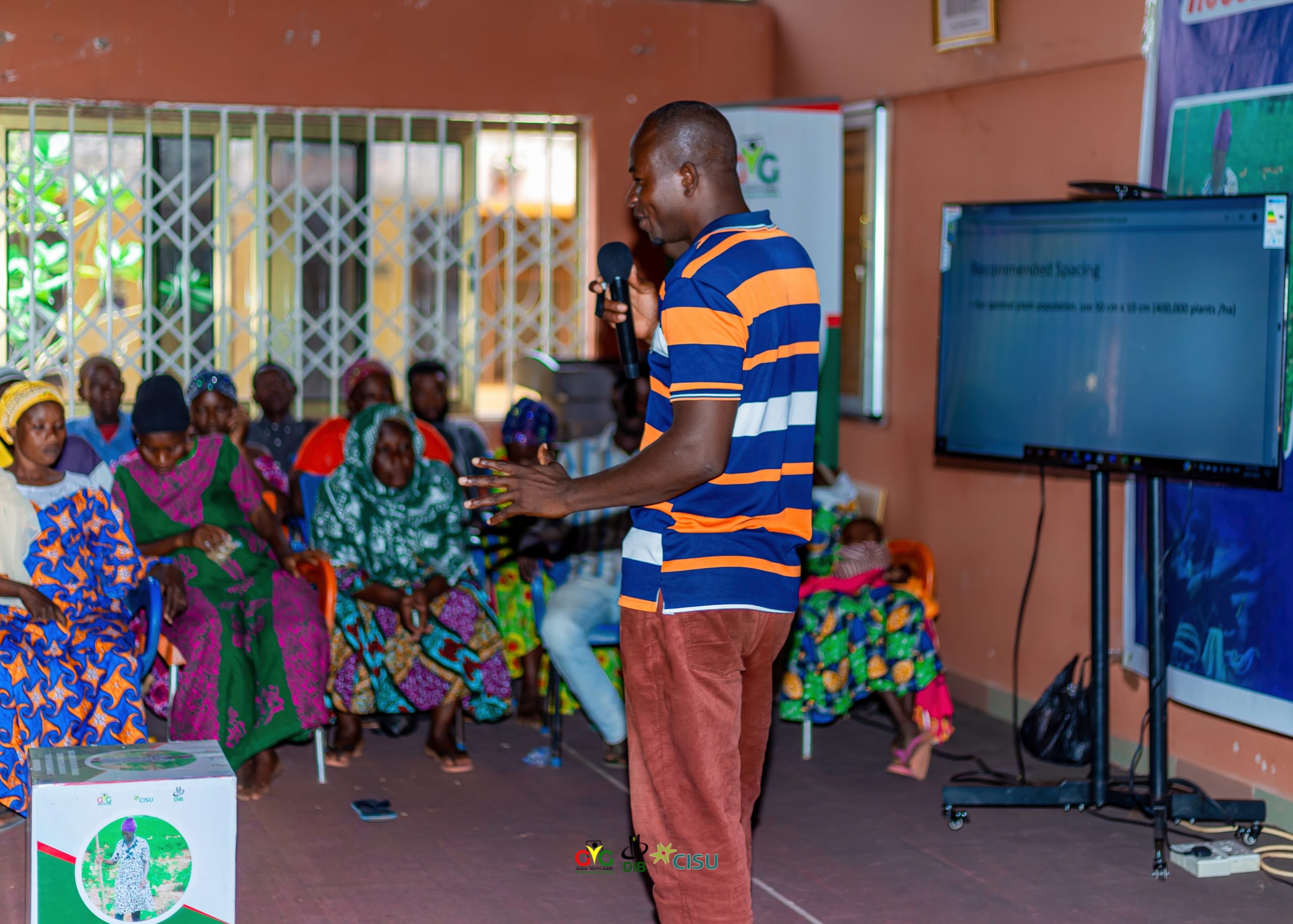
Mr. Prince Chentiwuni Abdul-Fatawu, Executive Director and of Ghana Youth Guide and project coordinator, said the training was part of a broader stakeholder engagement strategy to empower young farmers to adapt to climate challenges and improve productivity. He emphasized that capacity building was crucial for ensuring sustainable agriculture and food security in the two wedistrict. Mr. Chentiwuni-Fatawu also urged government to prioritize the inclusion of women farmers in deprived communities under its “Feed Ghana Project” to help tackle hunger, deprivation, and malnutrition.
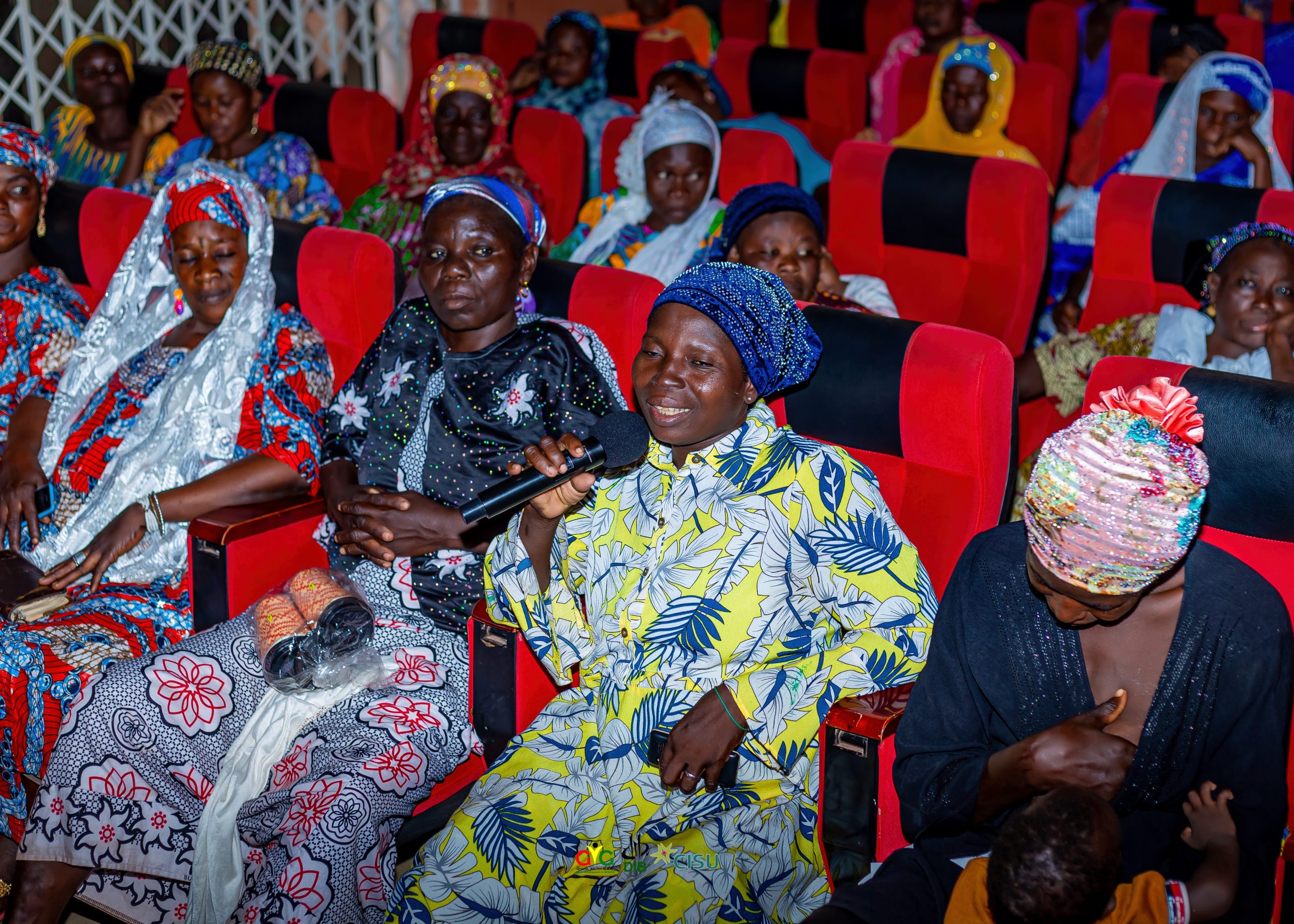
Mr. Abdul-Fatawu Seidu, a representative from the Tolon District Department of Agriculture, sensitized participants on the importance of using high-quality seeds and adopting effective planting and harvesting techniques to reduce post-harvest losses. He said the changing global climate demands that farmers be well-informed on weather patterns and adopt recommended practices that improve soil fertility. He further encouraged farmers to form groups to increase their access to government interventions promoting sustainable agriculture.
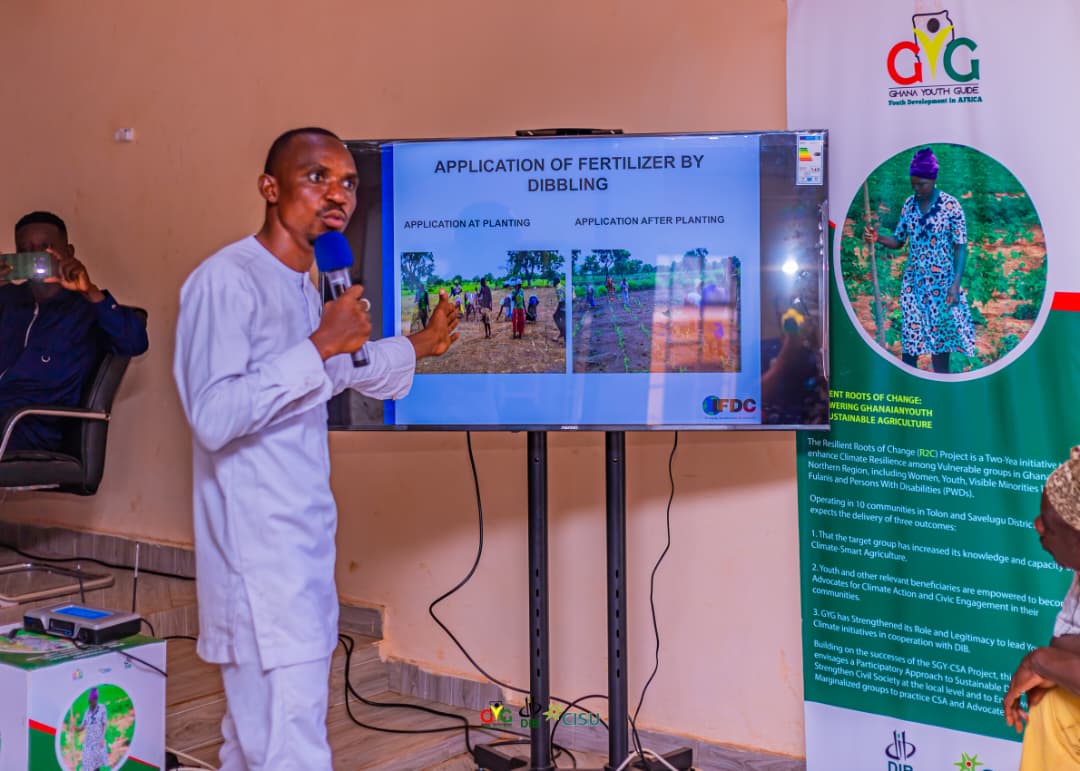
Madam Widad Mumuni also from the department of Agric in the Savelugu Municipal called on the farmers to take the training serious by sharing knowledge gain during the four (4) days intensive training on sustainable agriculture and climate Justice. She added that, the traditional leader in the Savelugu munupal himself and I a farmer and has so far this year farm over two hundred (200) acres of land which to her should serve as a motivation to his subject who must prioritize agriculture as one of the main source of livelihood empowerment for social change.
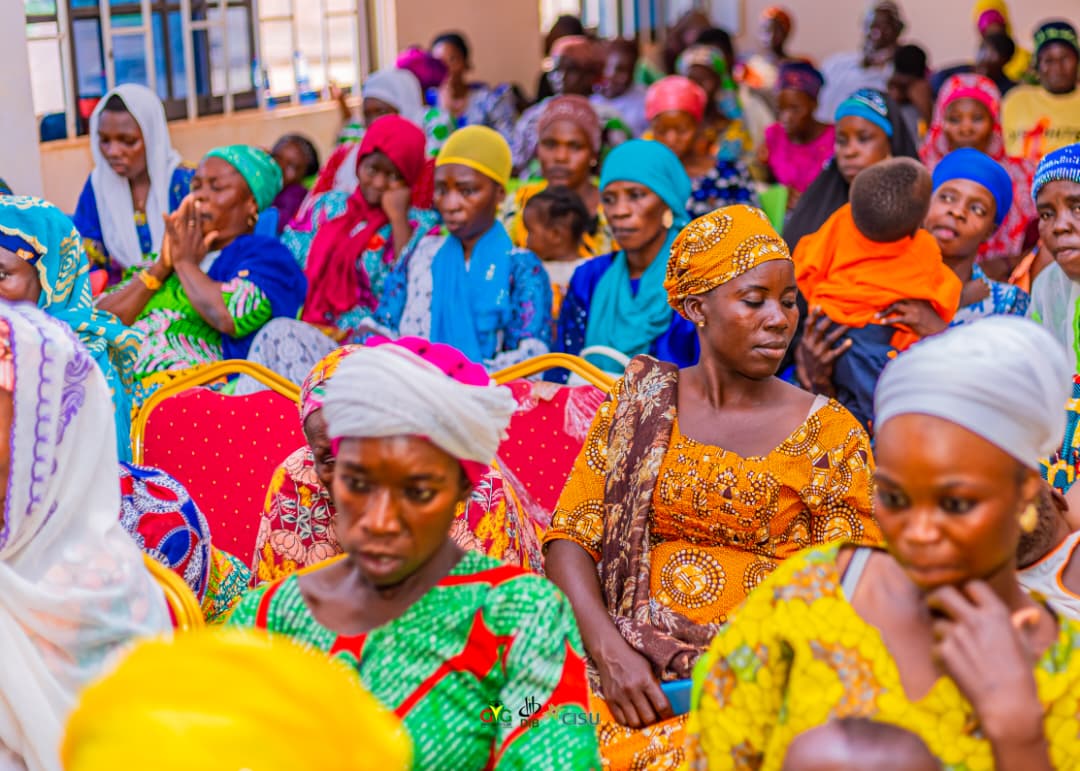
Participants expressed appreciation to Ghana Youth Guide and its partners for the training and pledged to apply the knowledge and skills acquired to boost agricultural productivity.
For Tolon disrrict, a total of 290 smallholder farmers in the Tolon District of the Northern Region have benefited from a one-day intensive capacity-building workshop aimed at enhancing their knowledge and resilience in sustainable agricultural practices.
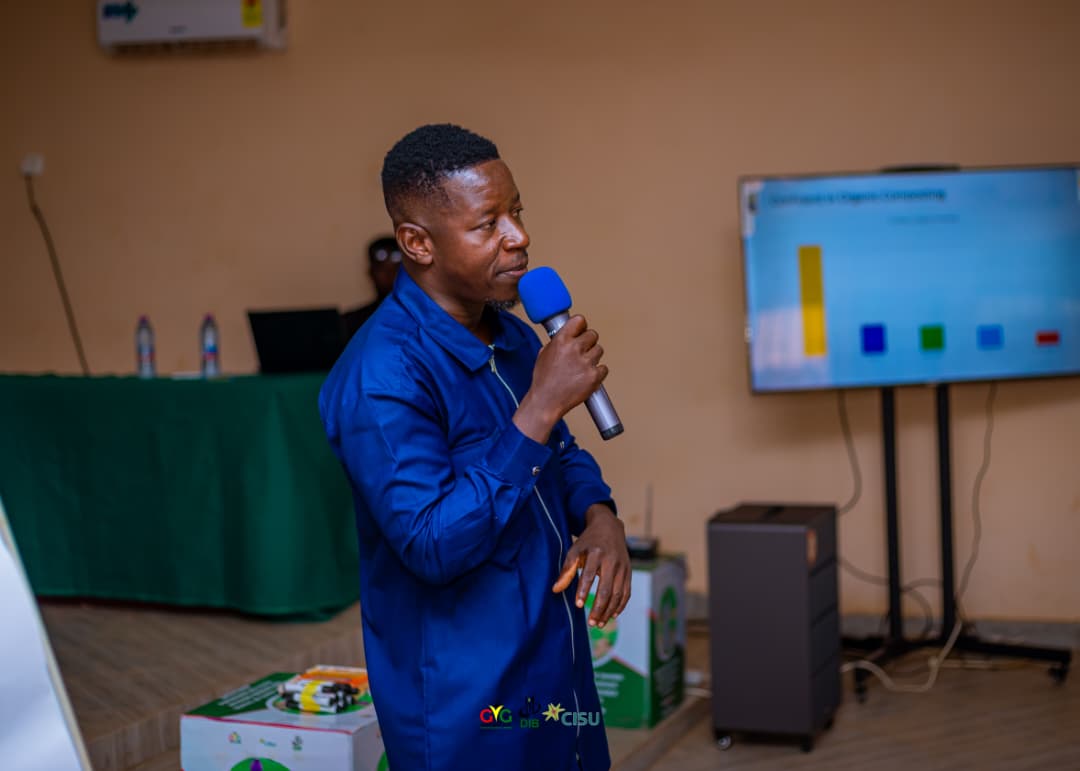
The workshop, held in Tolon, drew participants from four communities, including Waribogu Kamonaayili, Galinkpegu, Gbanjong, and Gbulahgu. It also brought together key stakeholders in the agricultural sector, civil society organizations, vulnerable groups including persons with disabilities, and members of the Fulbe communities. The training sought to deepen participants’ understanding of climate-resilient agriculture and food security strategies.
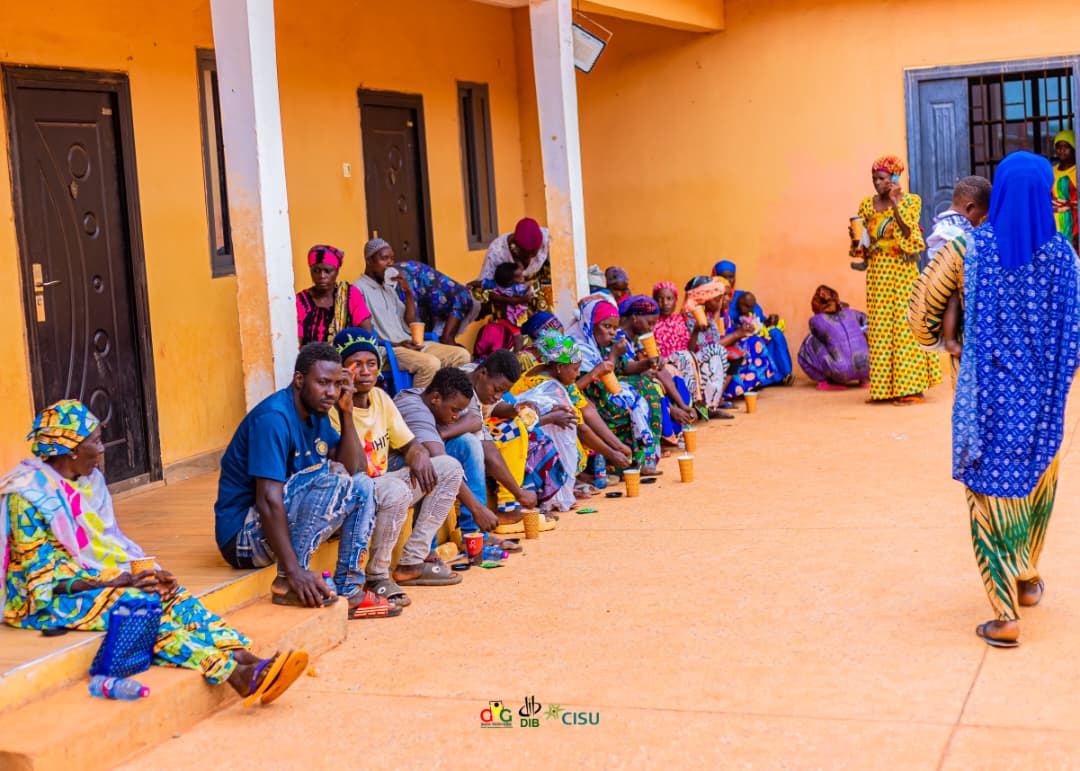
The event was organized by Ghana Youth Guide, a youth-led advocacy organization focused on empowering vulnerable communities for sustainable development as part of its flagship initiative dubbed the “Empowering Ghanaian Youth for Sustainable Agriculture (R2C) Project.” The project is technically supported by DIB and funded by CISU both Denmark-based organizations.
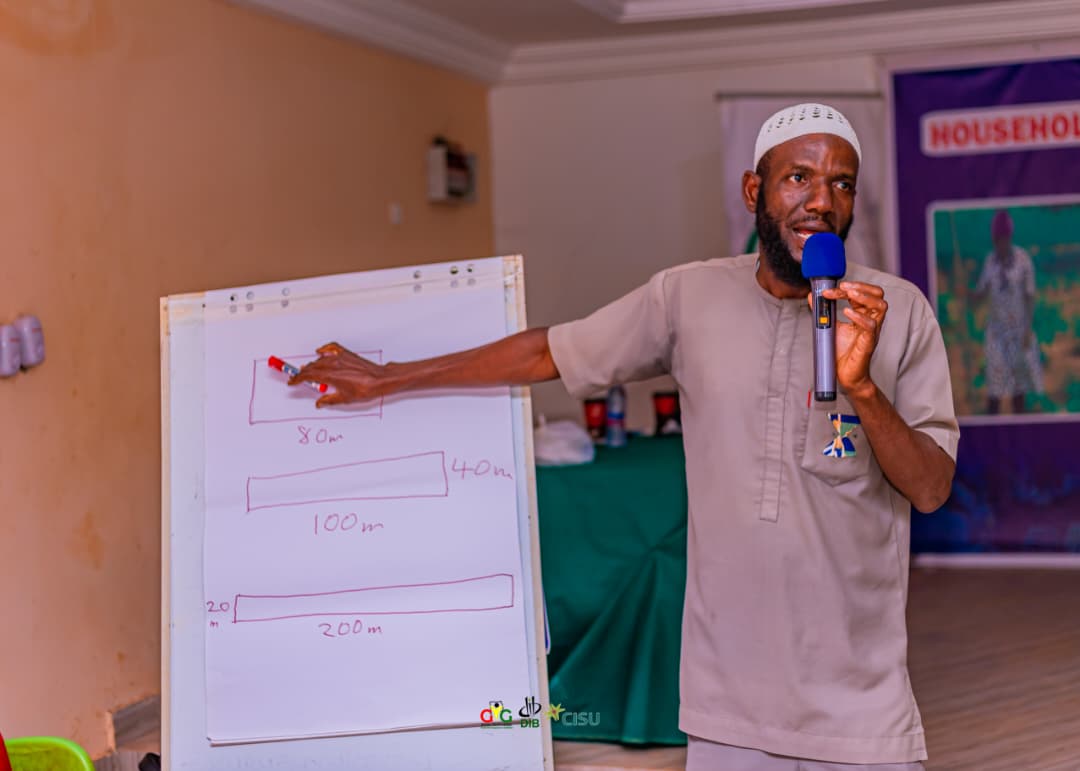
Mr. Prince Chentiwuni Abdul-Fatawu, Executive Director of Ghana Youth Guide, said the training was part of a broader stakeholder engagement strategy to empower young farmers to adapt to climate challenges and improve productivity. He emphasized that capacity building was crucial for ensuring sustainable agriculture and food security in the district. Mr. Chentiwuni-Fatawu also urged government to prioritize the inclusion of women farmers in deprived communities under its “Feed Ghana Project” to help tackle hunger, deprivation, and malnutrition.
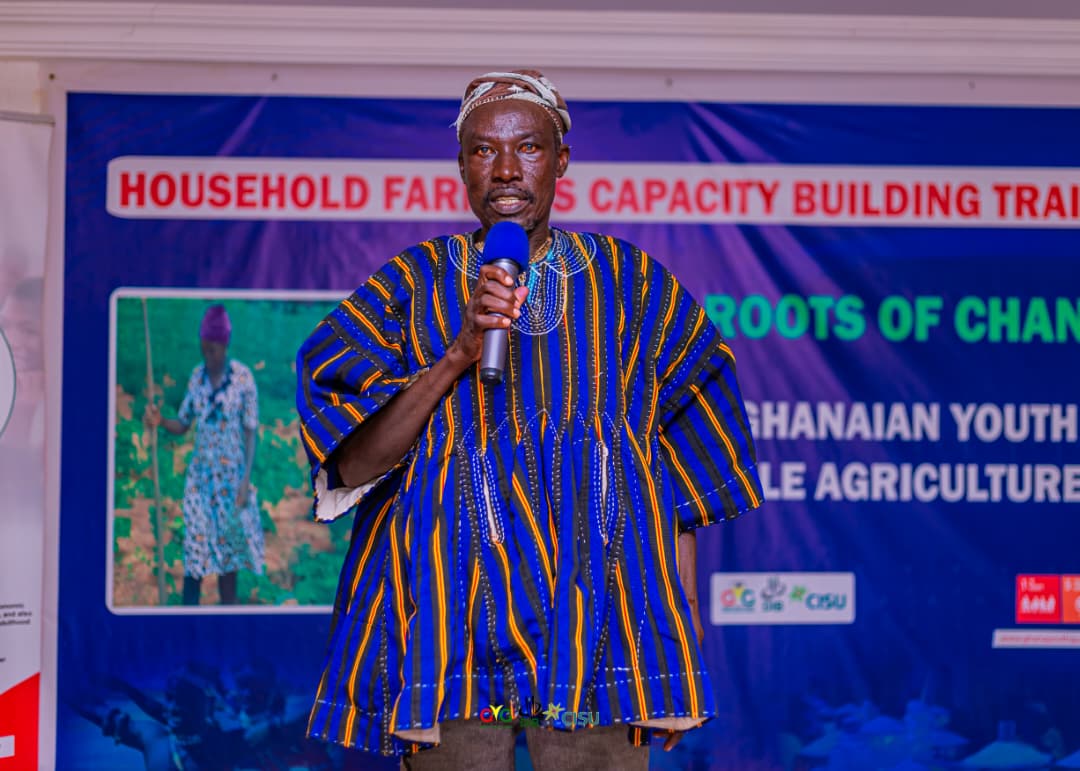
Mr. Abdul-Fatawu Seidu, a representative from the Tolon District Department of Agriculture, sensitized participants on the importance of using high-quality seeds and adopting effective planting and harvesting techniques to reduce post-harvest losses. He said the changing global climate demands that farmers be well-informed on weather patterns and adopt recommended practices that improve soil fertility.
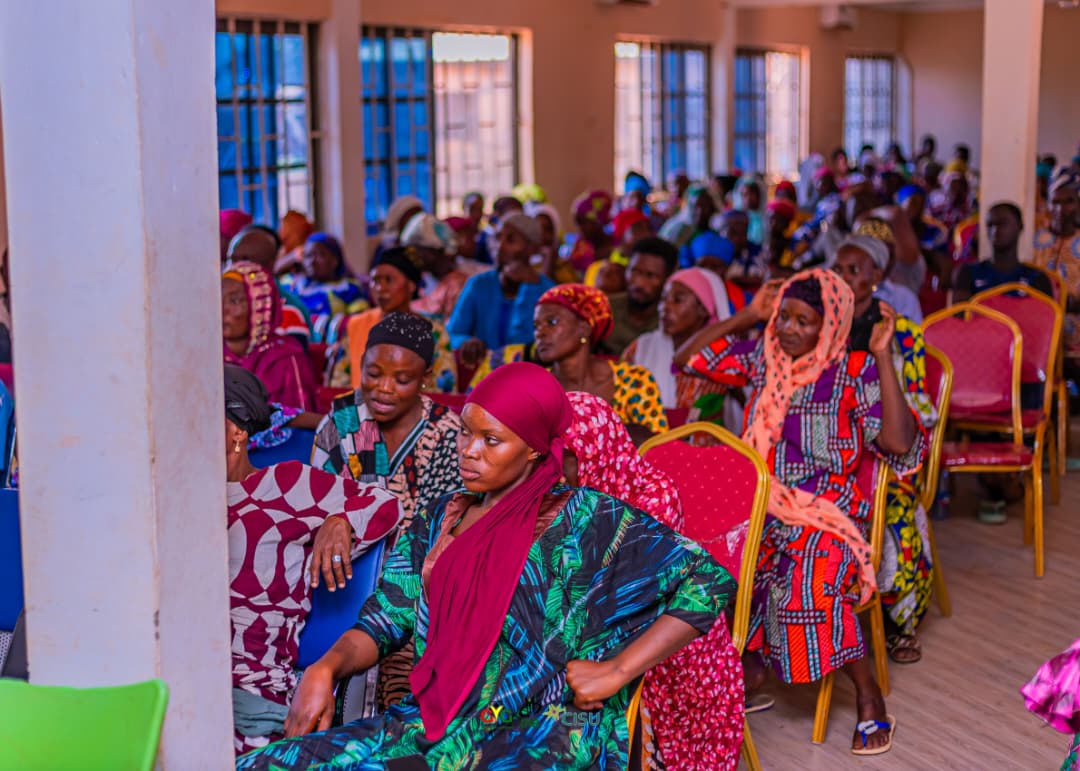
He further encouraged farmers to form groups to increase their access to government interventions promoting sustainable agriculture. Participants expressed appreciation to Ghana Youth Guide and its partners for the training and pledged to apply the knowledge and skills acquired to boost agricultural productivity.
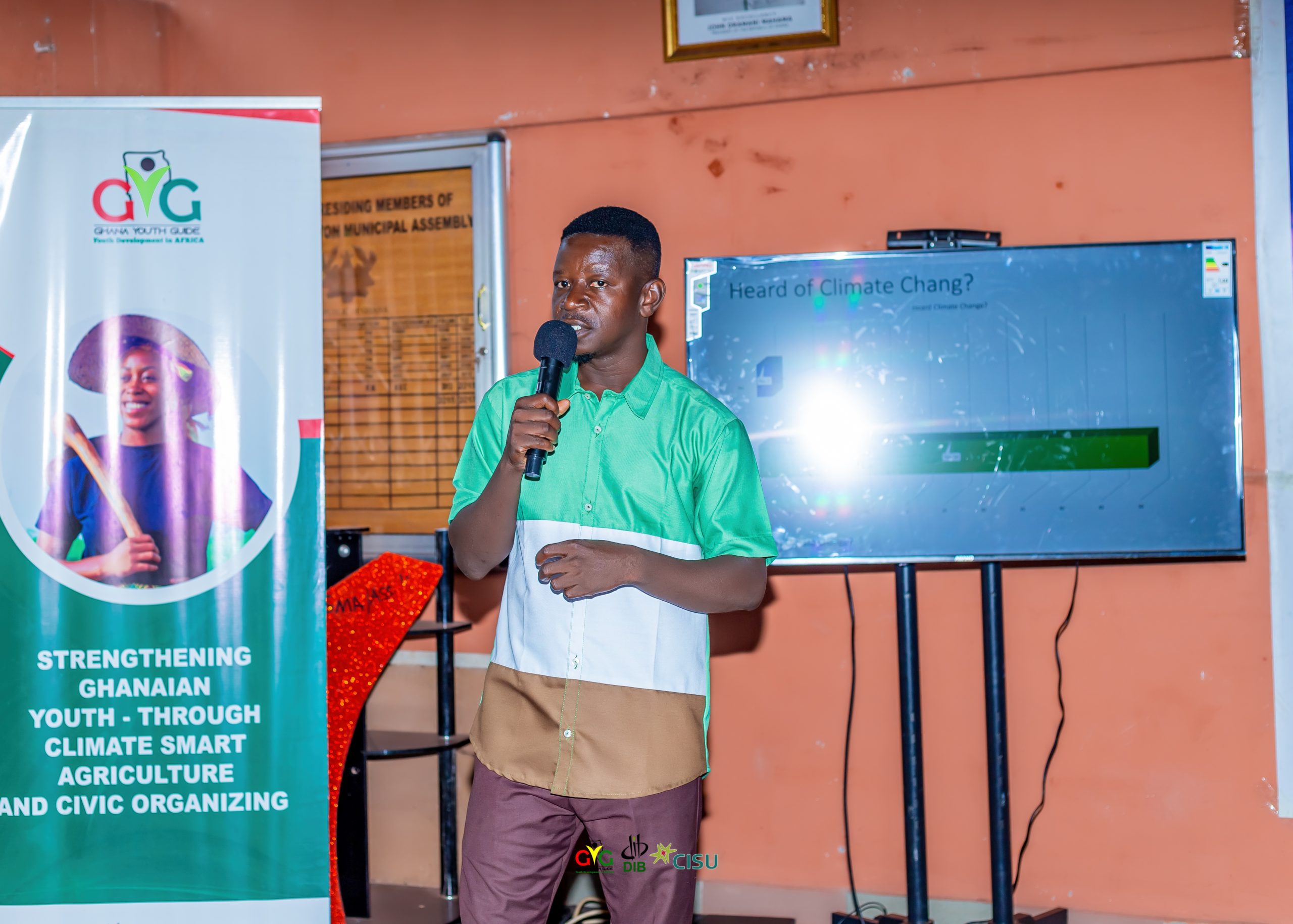
Source: GYG
